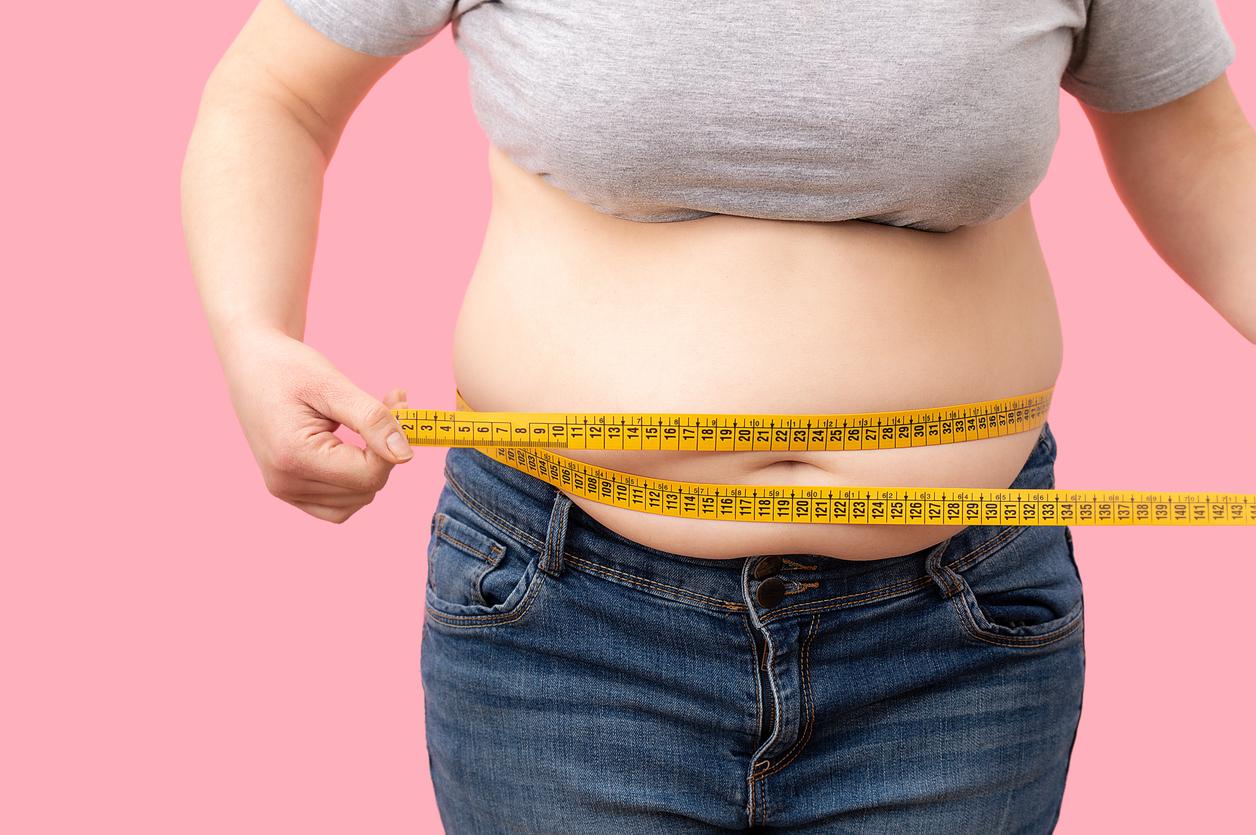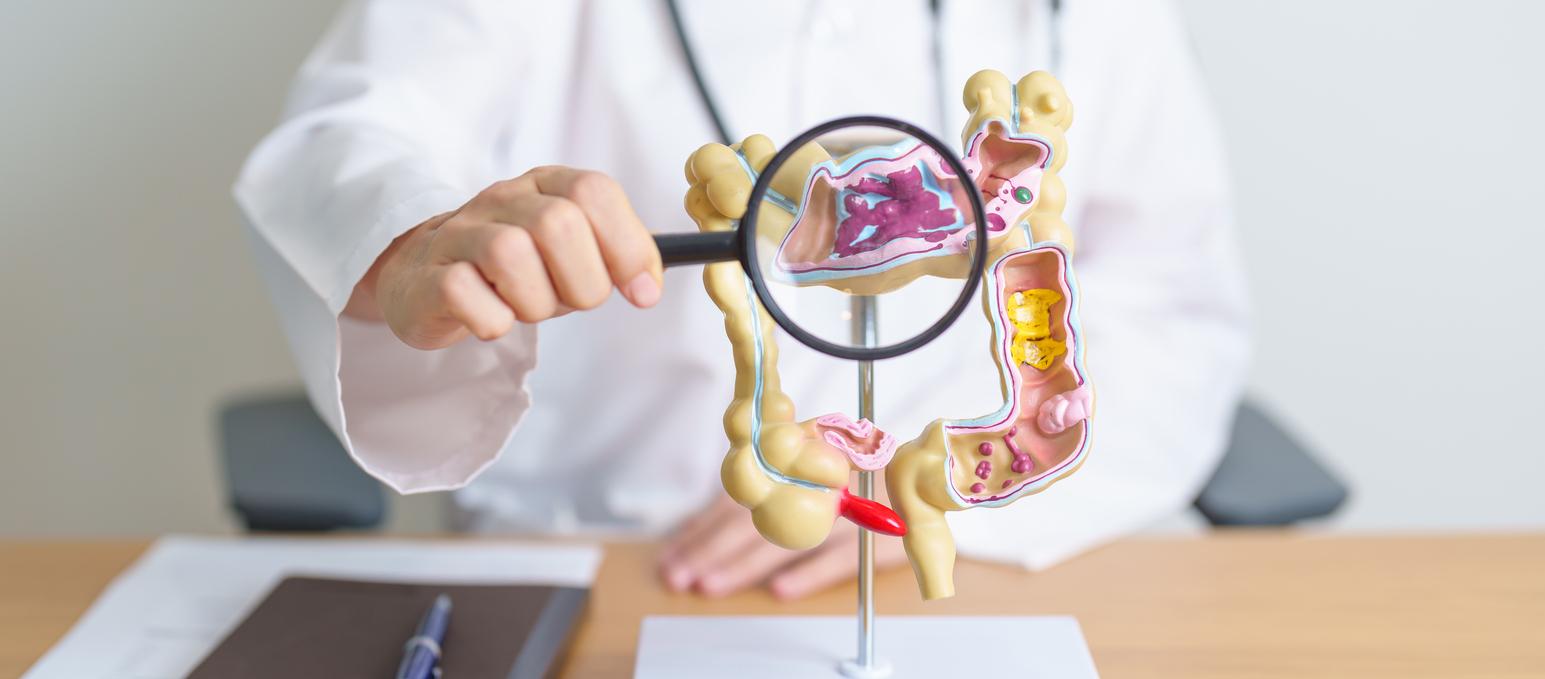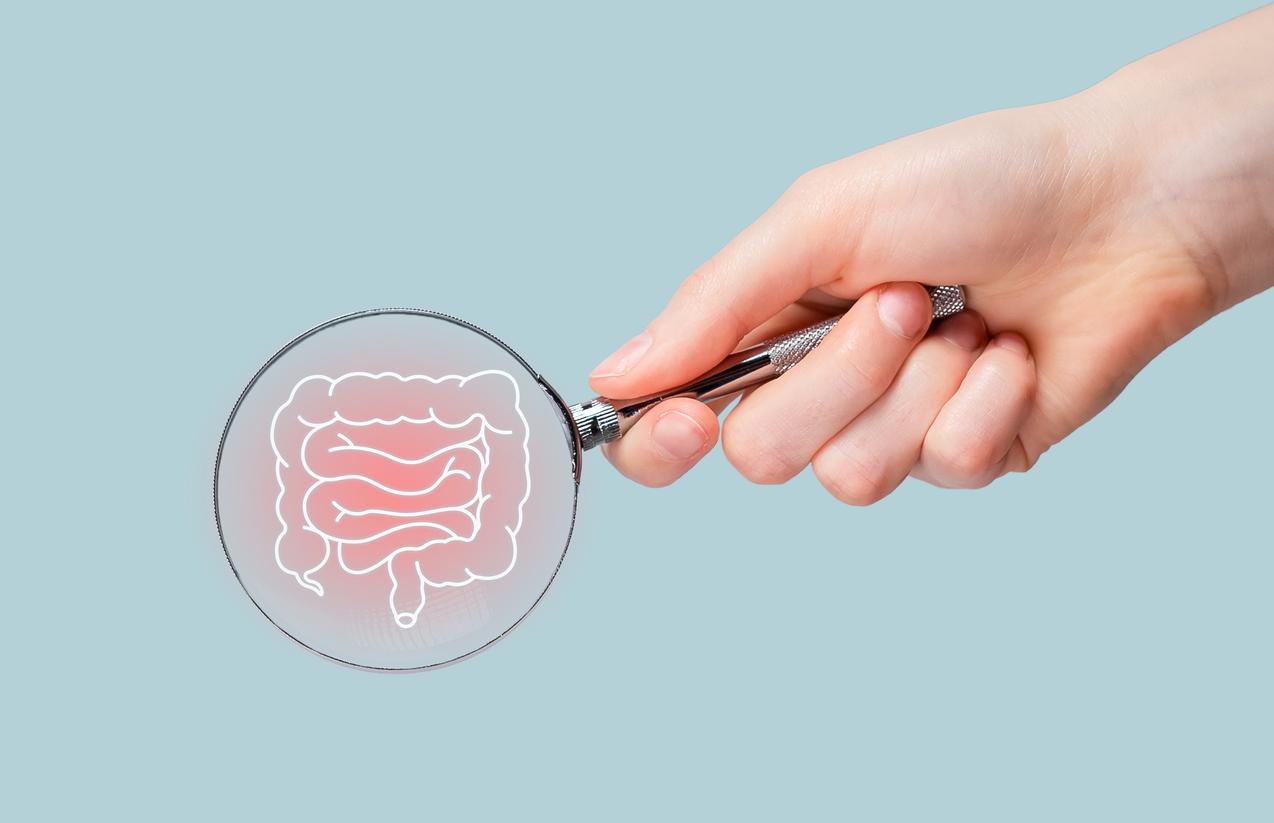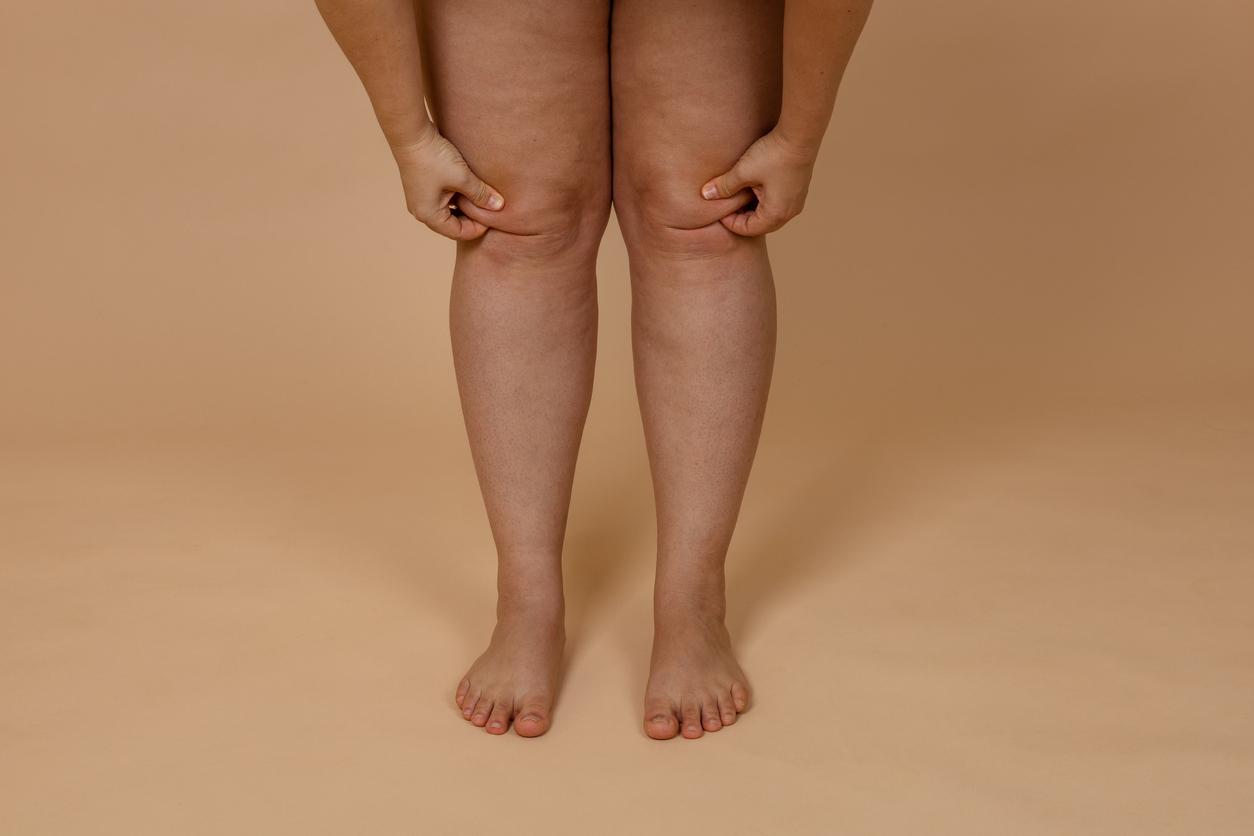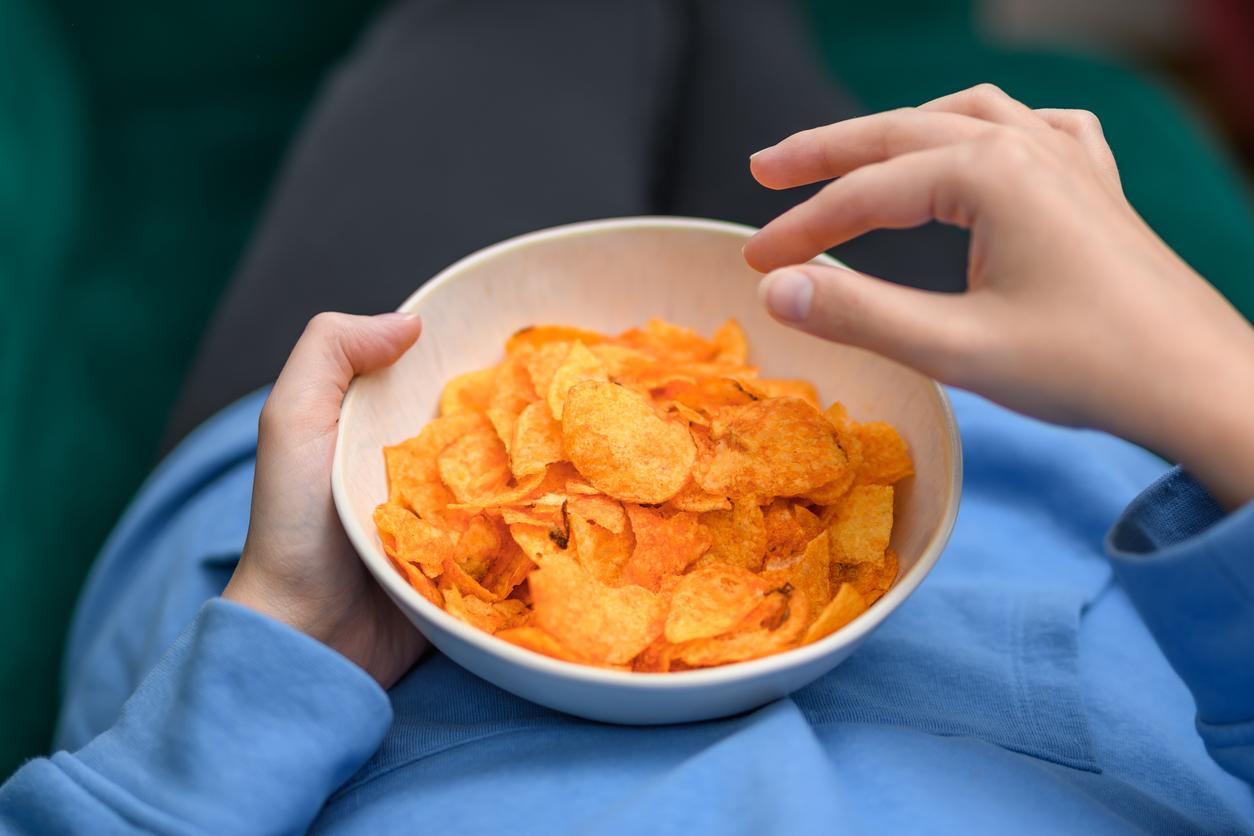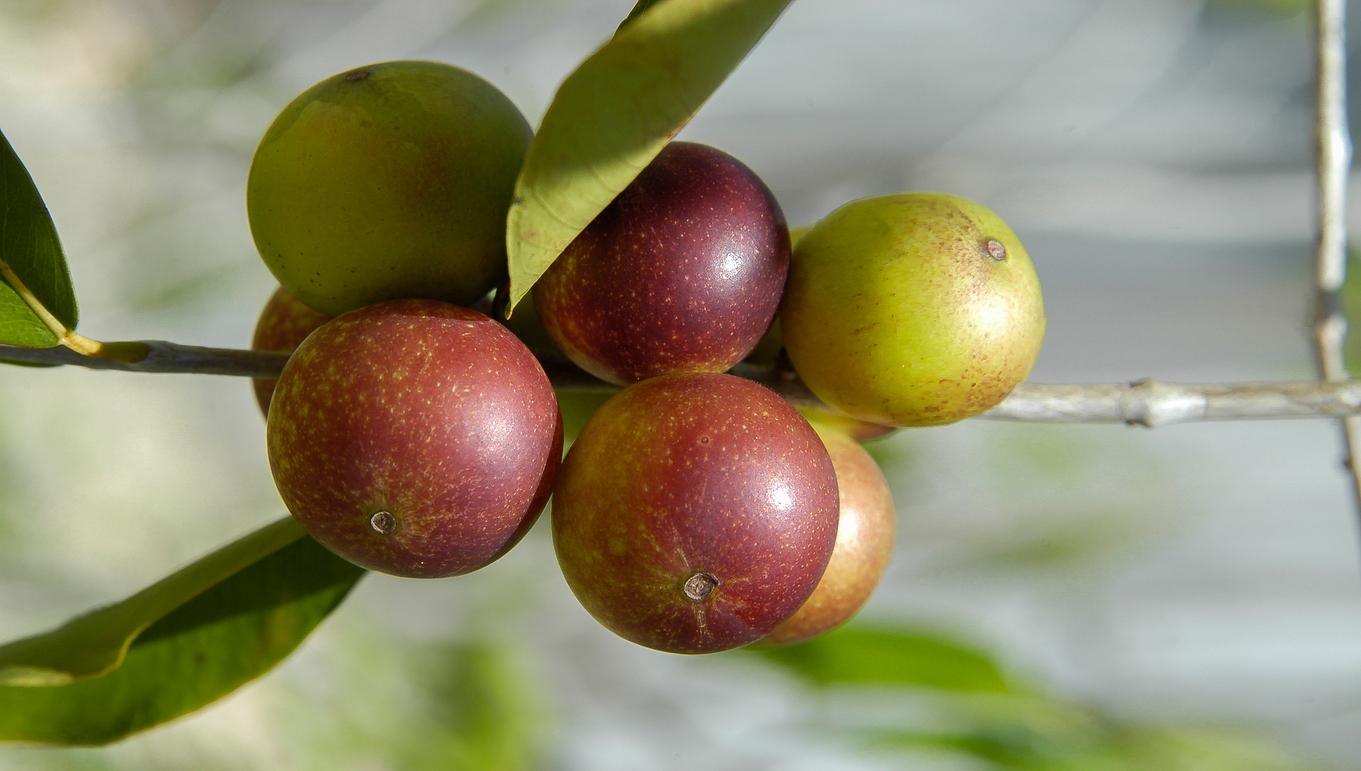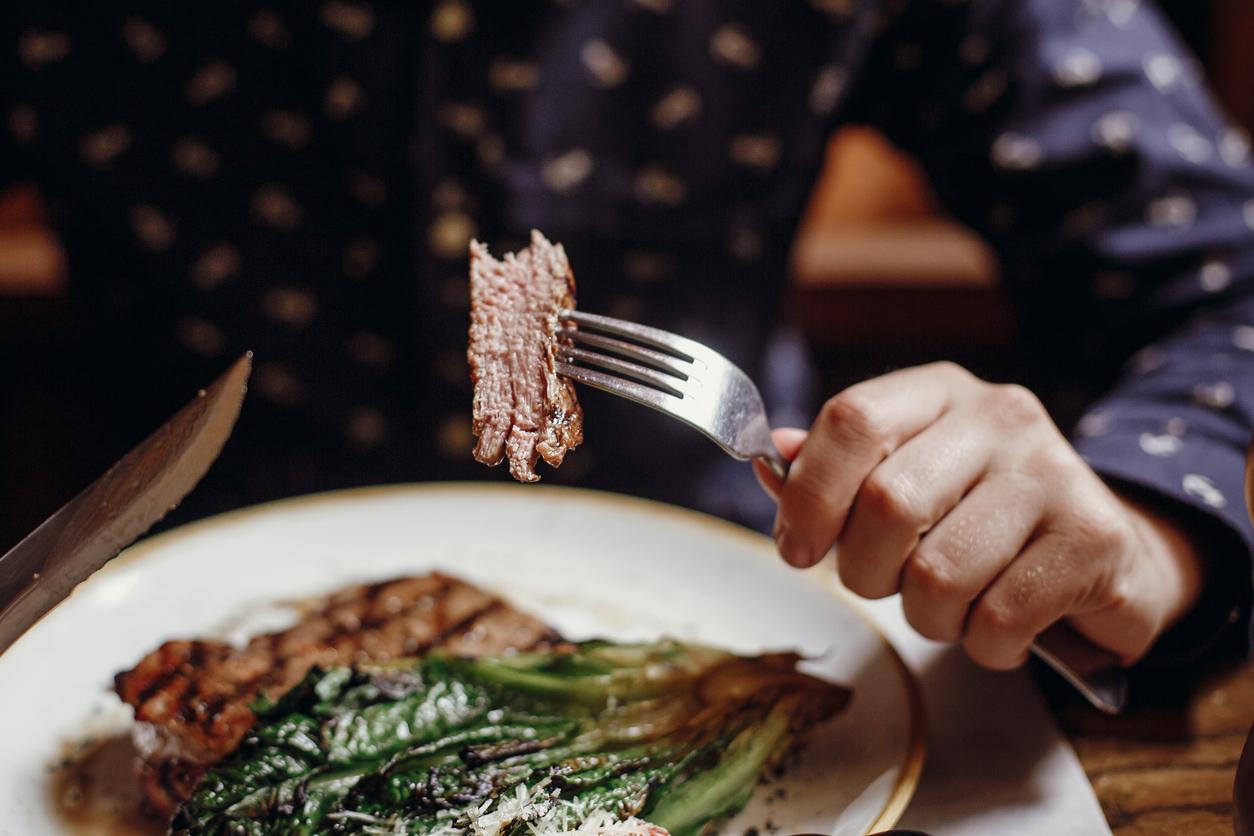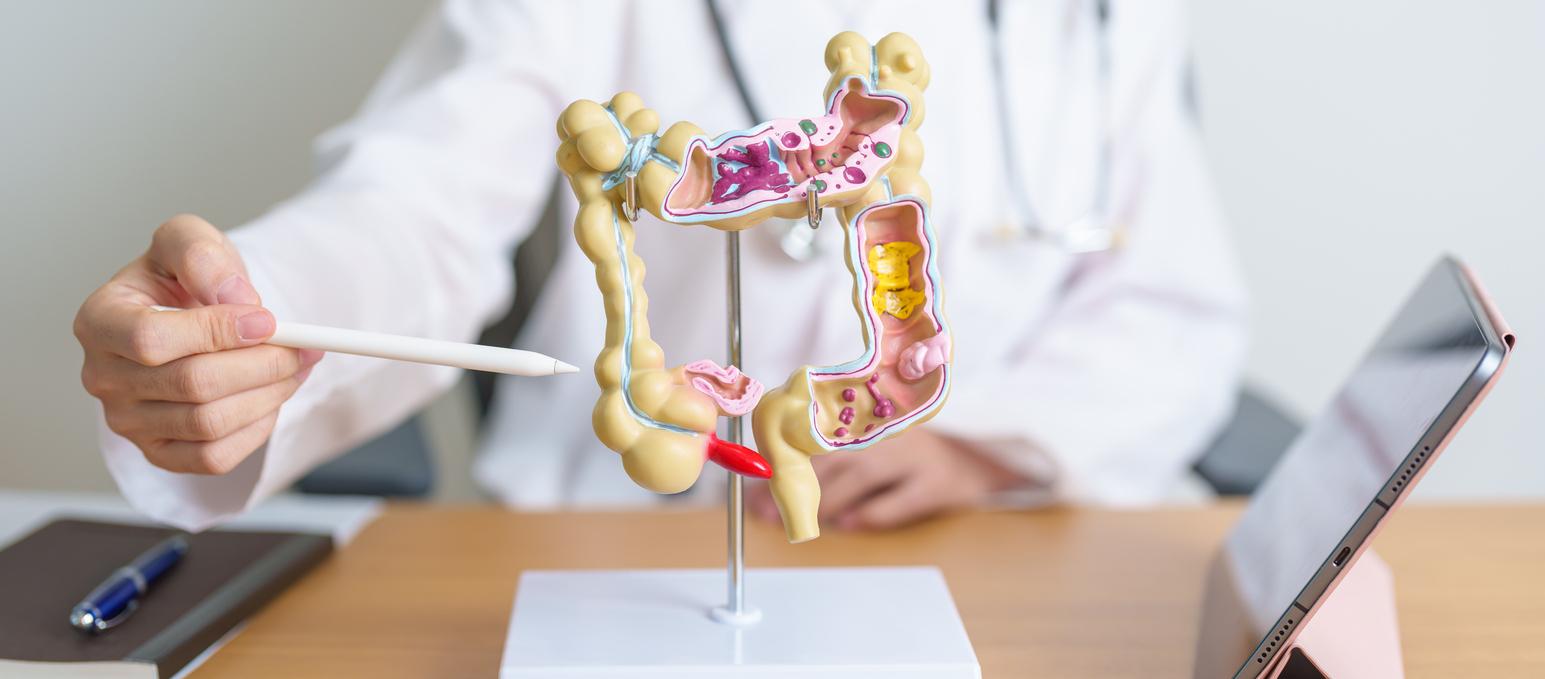Diets high in fat can alter intestinal bacteria and, by domino effect, bile acids, thereby increasing the risk of colorectal cancer.
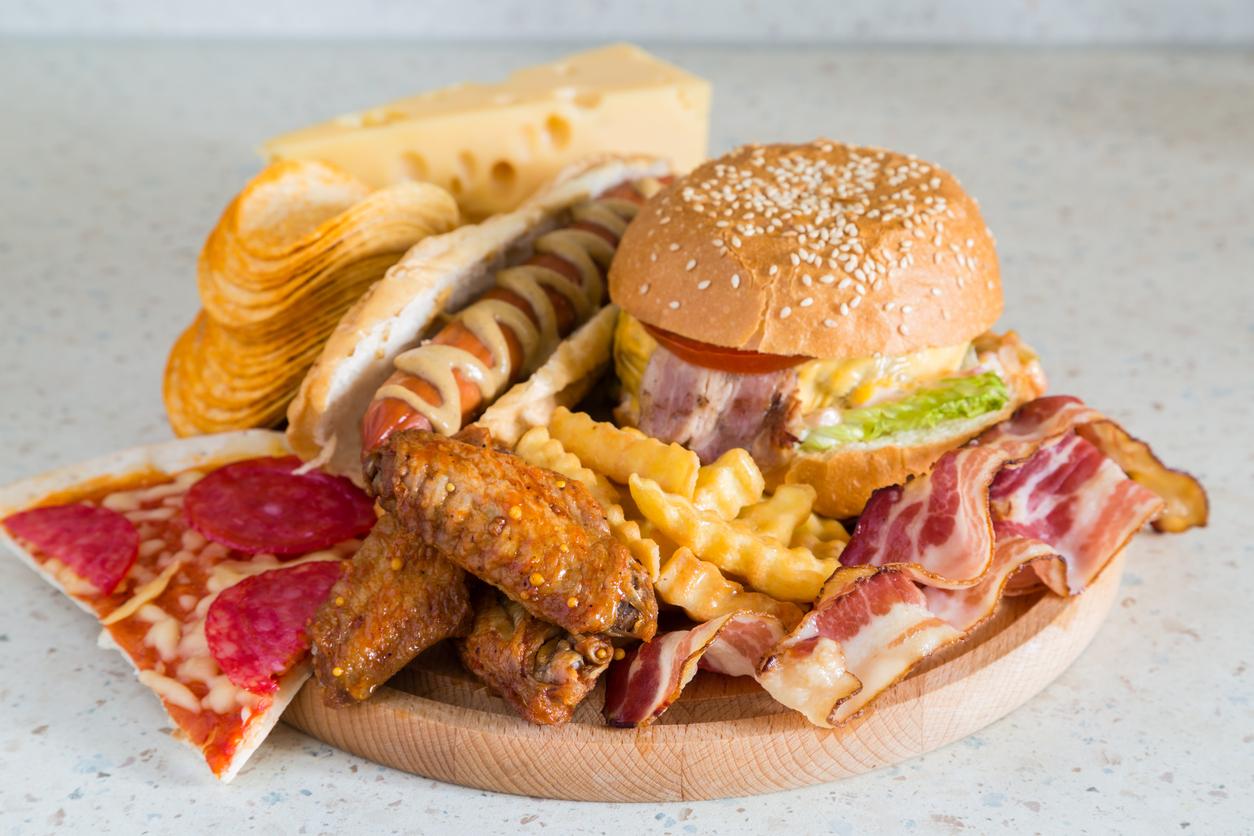
- Researchers have identified specific gut bacteria and bile acids that become more prevalent in the intestines of mice fed a high-fat diet.
- Both of these are linked to an increased risk of colorectal cancer.
- Researchers plan to conduct new studies to better understand the mechanisms involved.
According to an American study published by theAmerican Cancer Societya 9% increase in colon cancer cases was observed in people under 50 between 2020 and 2023. One reason scientists suspect is the rising rate of obesity and high fat diets. A study of the institute salk and D’CPU San Diego, published in the journal Cell Reports August 22, 2023, seems to confirm this track.
How high-fat diets alter the microbiome
During the experiment, the team looked at microbiomes and metabolomes (collections of small food and microbial molecules) in the digestive tract of mice on a high-fat diet. If these rodents had a greater. amount of bile in their intestines, the substance was less diverse and contained a greater number of bile acids modified by intestinal bacteria. The researchers also noticed that these acids modified gallstones impacted the proliferation of stem cells in the digestive system. “When these cells do not replenish frequently, they can accumulate mutations, a key step in encouraging the growth of cancers, which often arise from these stem cells,” the authors write in a communicated.
There were also significant differences in the microbiomes of the mice fed the high-fat diet. The intestinal bacteria present in their digestive tract were less diverse and contained bacteria different from those of the rodents not having had a fatty diet. Two of these bacteria—Ileibacterium worth, Ruminococcus gnavus– were able to produce these modified bile acids.
Researchers believe that high-fat diets alter the composition of the microbiome, thereby promoting the growth of bacteria like I. worth and R. gnavus. This in turn increases the levels of modified bile acids. In a vicious cycle, these bile acids create a more inflammatory environment that can further alter the makeup of gut bacteria.
“We have identified how a high-fat diet influences the gut microbiome and remodels the composition of bile acids, pushing the intestine into an inflammatory state associated with the disease”explains the co-first author Ting Fuformer postdoctoral researcher in the institute’s laboratory Salk in the release.

Cancer colorectal: towards potential interventions to reduce the risks
“We deconstructed why high-fat diets are unhealthy and identified specific strains of microbes that spread with high-fat diets”says Ronald Evans, director of the institute’s gene expression laboratory. salk. “By knowing what the problem is, we have a much better idea of how to prevent and reverse it.“.
The researchers plan to conduct new experiments to determine how quickly the microbiome and bile acids change when an animal begins to eat a high-fat diet. They also want to investigate ways to reverse the effects of a high-fat diet associated with cancer by targeting FXRthe protein they previously found to be associated with bile acid changes.
This research also highlights the importance of maintaining a balanced diet rich in fruits and vegetables, and limiting the consumption of foods high in saturated fats and trans fatty acids. Moreover, they shed light on the potential of future therapeutic interventions targeting the composition of the gut microbiome to reduce the risk of colorectal cancer.










